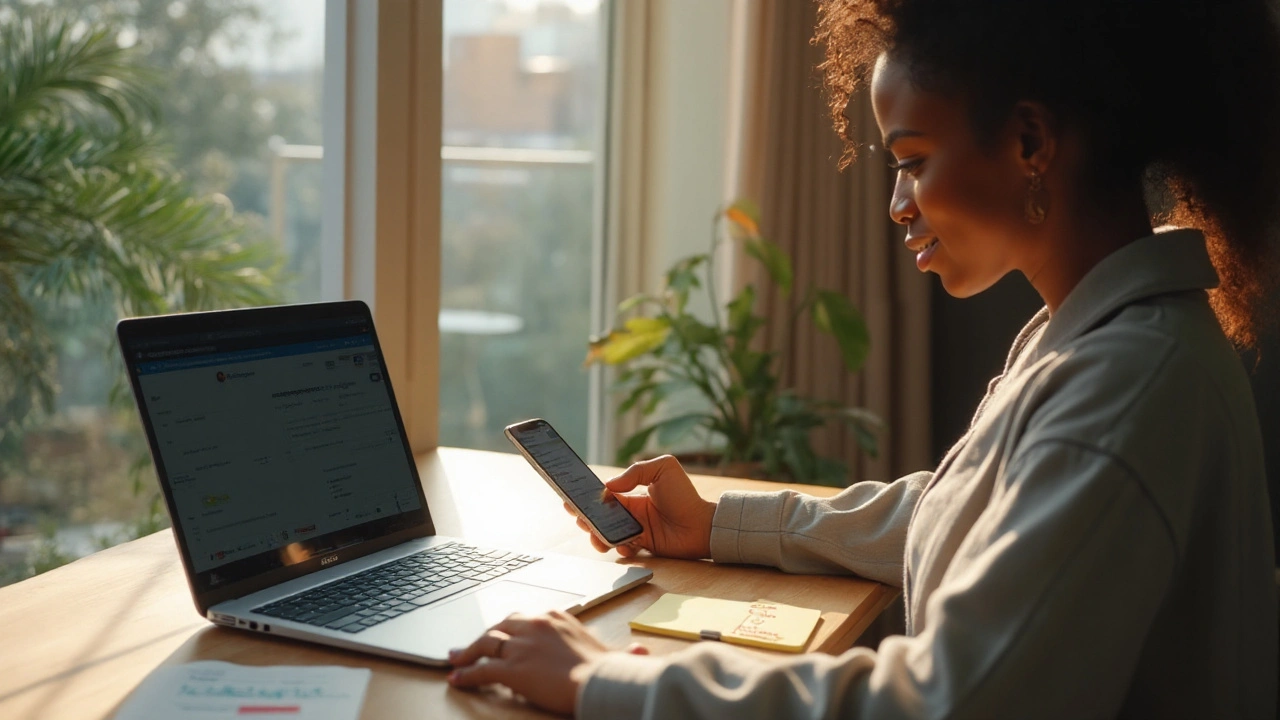Is It Legit? Quick Ways to Spot Real Pharmacies and Trusted Health Info
Seeing a site that sells prescription meds for a fraction of the price can feel like a jackpot, but the first question should be “is it legit?” If you answer that wrong, you risk your health, your money, and even legal trouble. Below are the practical moves you can make right now to separate the real deals from the scams.
Check the Basics: Licenses, Contacts, and Reviews
Start with the pharmacy’s license. In the U.S., a legitimate online pharmacy will list a state pharmacy board number or a NABP (National Association of Boards of Pharmacy) VIPPS seal. Type that number into the board’s website and confirm it matches. If the site hides the info or the number comes up as expired, walk away.
Next, look for a physical address and a working phone number. Call the number and ask a real person for the pharmacy’s name, license, and hours. Scammers often use call‑center scripts that sound official, but they won’t give you a clear name or location.
Customer reviews matter, but only if they’re from independent sources. Check sites like Trustpilot, Better Business Bureau, or even Reddit threads. If every review sounds like a press release, it’s probably fabricated.
Spot Red Flags and Protect Your Wallet
Beware of prices that seem too good to be true. Genuine pharmacies can offer discounts, but they can’t sell a month’s supply of a brand‑name drug for a few dollars. Compare the price with at least two other reputable pharmacies; a huge gap usually means a counterfeit or a non‑existent product.
Secure checkout is a must. Look for https:// and a lock icon before you enter payment details. If the site asks for a wire transfer, cryptocurrency, or a gift card, it’s a classic fraud move.
Ask your doctor or pharmacist before you order. They can tell you whether the drug is real, whether a generic version exists, and if the dosage matches your prescription. A quick call can save you weeks of trouble.
Finally, trust your gut. If the website’s design looks sloppy, the language is full of spelling mistakes, or the “contact us” page is a blank form, that’s a signal to move on.
By following these checks—license verification, real contact info, independent reviews, realistic pricing, and secure payment—you’ll have a solid framework to answer “is it legit?” every time you shop online for meds or health advice.
